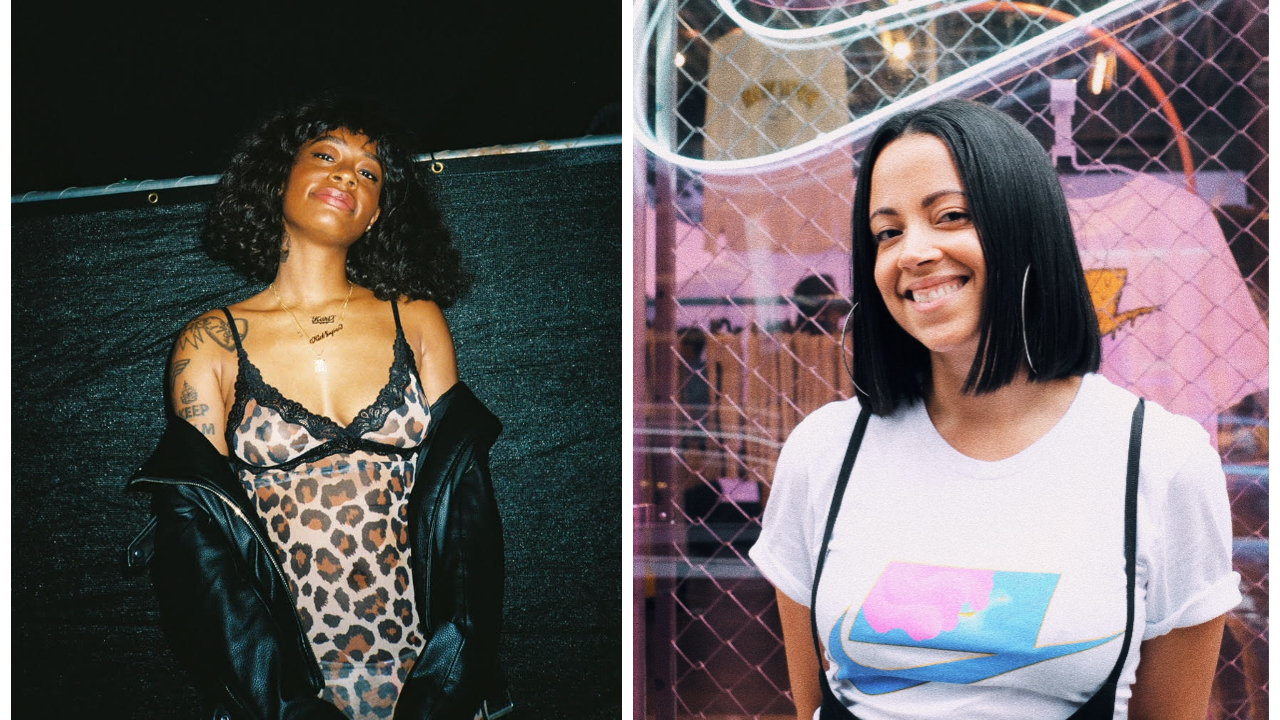On average, women make $.80 to every dollar men make in 2018. That means women are essentially working for free approximately 10 weeks a year. There are even greater disparities when it comes to race, with black women making on average $.63 to every dollar a white, non-Hispanic male makes. Typically, in order to “earn” the same amount of money as a white, non-Hispanic man, a black woman will need to work 200 additional days.
These numbers commonly take into account salaried positions. However, studies show that this imbalance is consistent across less traditional jobs. In a report released by the Bureau of Labor Statistics, female independent contractors (or freelancers) make 21.5% less per week than their male counterparts. Unlike salaried women, freelancers need to negotiate for nearly every check rather than upon hiring and for a yearly review.
i-D spoke to seven self-employed women across different creative fields about how they learned to ask for more, and how you should go about getting your worth.

Amrit Sidhu
Creative consultant and DJ
“I learned to ask for more at a very young age. My mum was a lawyer and she instilled the importance and skill of negotiating very early on. Asking for more doesn’t always have to be in a financial capacity.
Here are some additional factors I will leverage during the negotiation process: the ask and therefore budget by incorporating a social aspect (social account takeover/post), minimizing the ways they can use your services (any advertising or point of sale usage for your images or services always needs to be an additional rate), bringing in my own team for sound, glam, and production, requesting transportation, requesting the client to post me on their social for visibility, suggesting the opening DJ, lowering my play time, requesting product, etc.
I recommend the client come to you with what they have. Never quote your “rate”! Always ask for the budget and say you would consider working within it so you have transparency into what they can offer from the jump.
Also, try to bring on to as many friends as you can onto the project! The reality is they that have to pay and book photographers, opening DJs, sound guys, and other creatives anyway. What goes around comes around!”
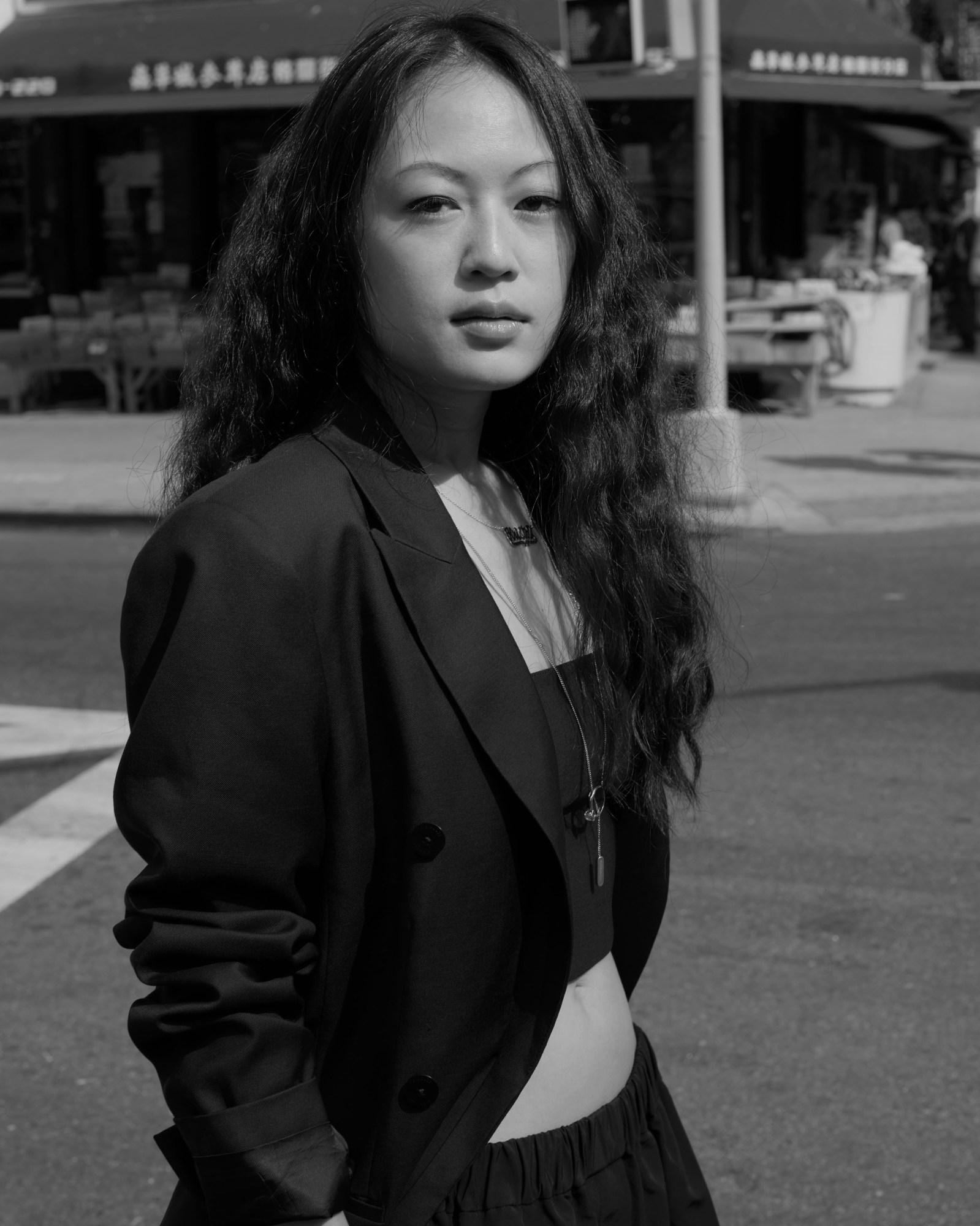
Krista Chiu
Product development consultant and floral artist
“My philosophy is to never be afraid to lose a gig. I never make decisions from a place of fear. You have to really believe in what you do and if you don’t already, then take time to work on it until you’re proud of it! You have to do the research to understand the industry average of your services, then you can play with how high or low you’d want to pitch depending on what the project means to you, but you cannot be afraid to communicate your needs out of fear for losing the gig.
With more tenure in the fashion industry, I’ve gained industry standards for full-time and part-time consulting for various roles. This comes with years of experience and being very humble yet inquisitive about numbers with my superiors and peers. With florals coming to fruition a bit later on in my career, I’ve applied the same strategy to figure out my rate. I’ve always found a block project rate works more to your advantage than an itemized charge because it can be difficult for clients to comprehend the value of your time and your design. So working with a strategy of pitching by project helps to simplify for client because they probably have a max budget already in mind.
You should go into a pitch having considered the value of all forms of compensation, so you are ready to negotiate to get the deal done. Ask for press opportunities and social media mentions as your branding or marketing compensation if the client cannot fulfill your monetary earnings.
Finally, simple advice: Just ask.”
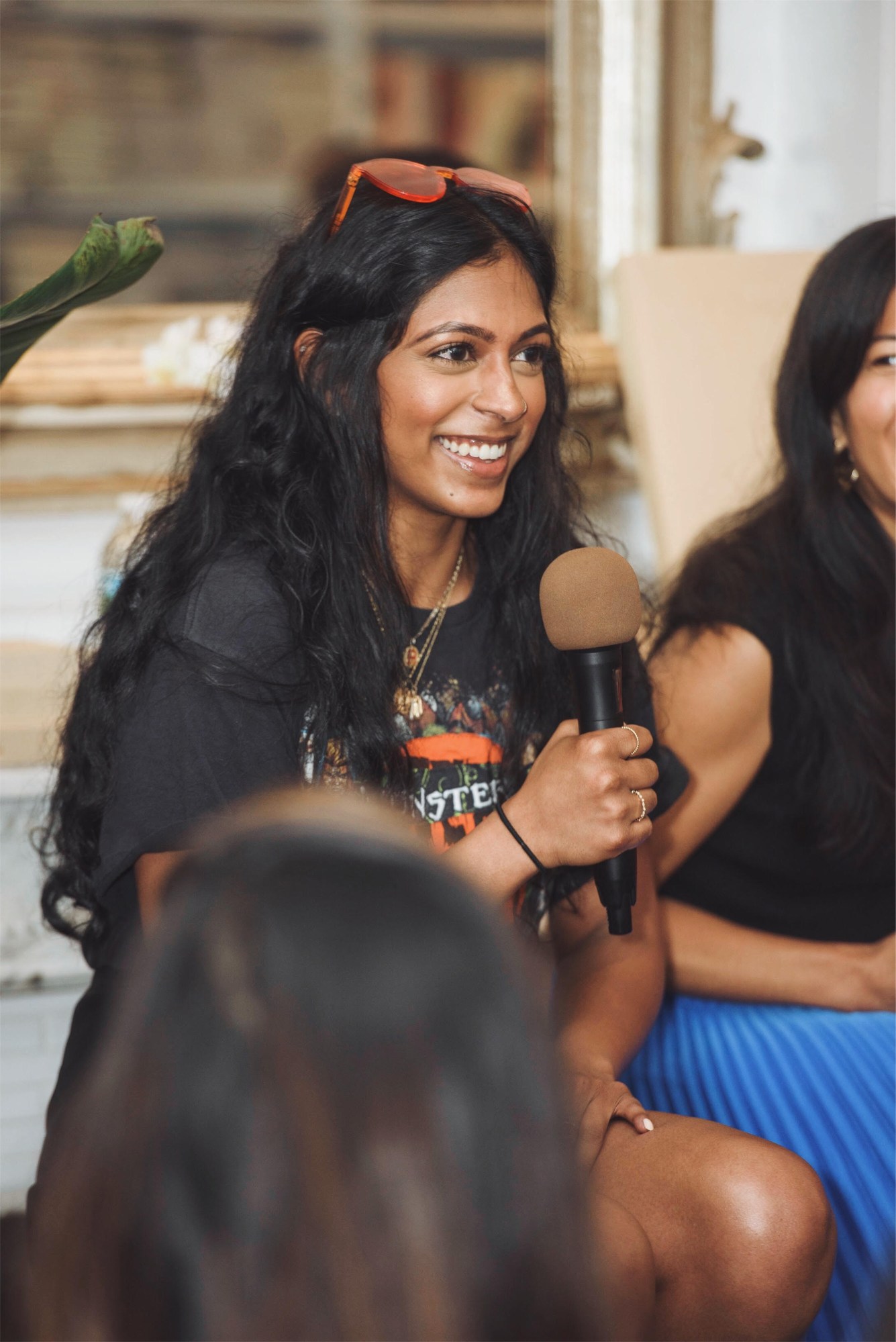
Ramya Velury
Artist management
“The reality that I won’t always be paid what I’m worth is what makes me ask for more. I learned to weigh the opportunity costs and evaluate the demand. If you’re great at doing something with the most basic tools, aim as high as possible. I learned that people want to negotiate because a working relationship isn’t always based on a monetary one. If you’re unsure what to ask for talk to your friends in the same or similar industries. At some point, you’ll get a feel for the marketplace and learn how to evaluate what to ask for.”
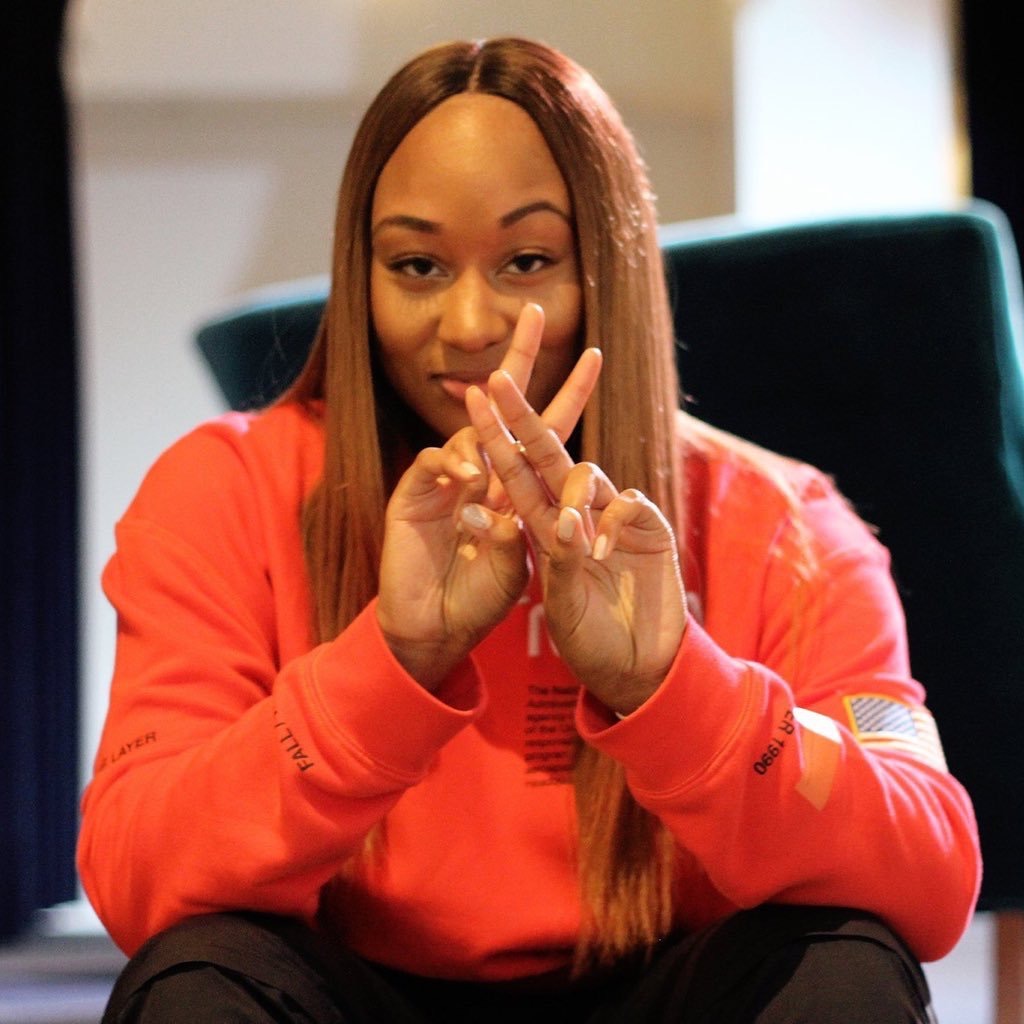
TrakGirl
Music producer
“Honestly, over time I developed the mental space and confidence to know my worth. Those long hours in the studio and time spent studying my craft made me know my music is worth it. I believe in setting the tone of respect in the beginning; producers should be compensated for their work. I have this ideology that producers are artists and should be treated as such. Additionally, my mantra is “forever a student.” Always do your research and be competitive with your rates. Your value continues to grow the more you do. The issues of compensation when it comes to producers and women inspired me to start my platform Pay Us Today.
I’d advise young women to continue to focus and put in the hours towards your craft. Keep your faith high and don’t be afraid to speak up for yourself. I’m adamant about women using their voice. If someone has pushed back on seeing your worth and vision, that person is probably not the right fit for you.”
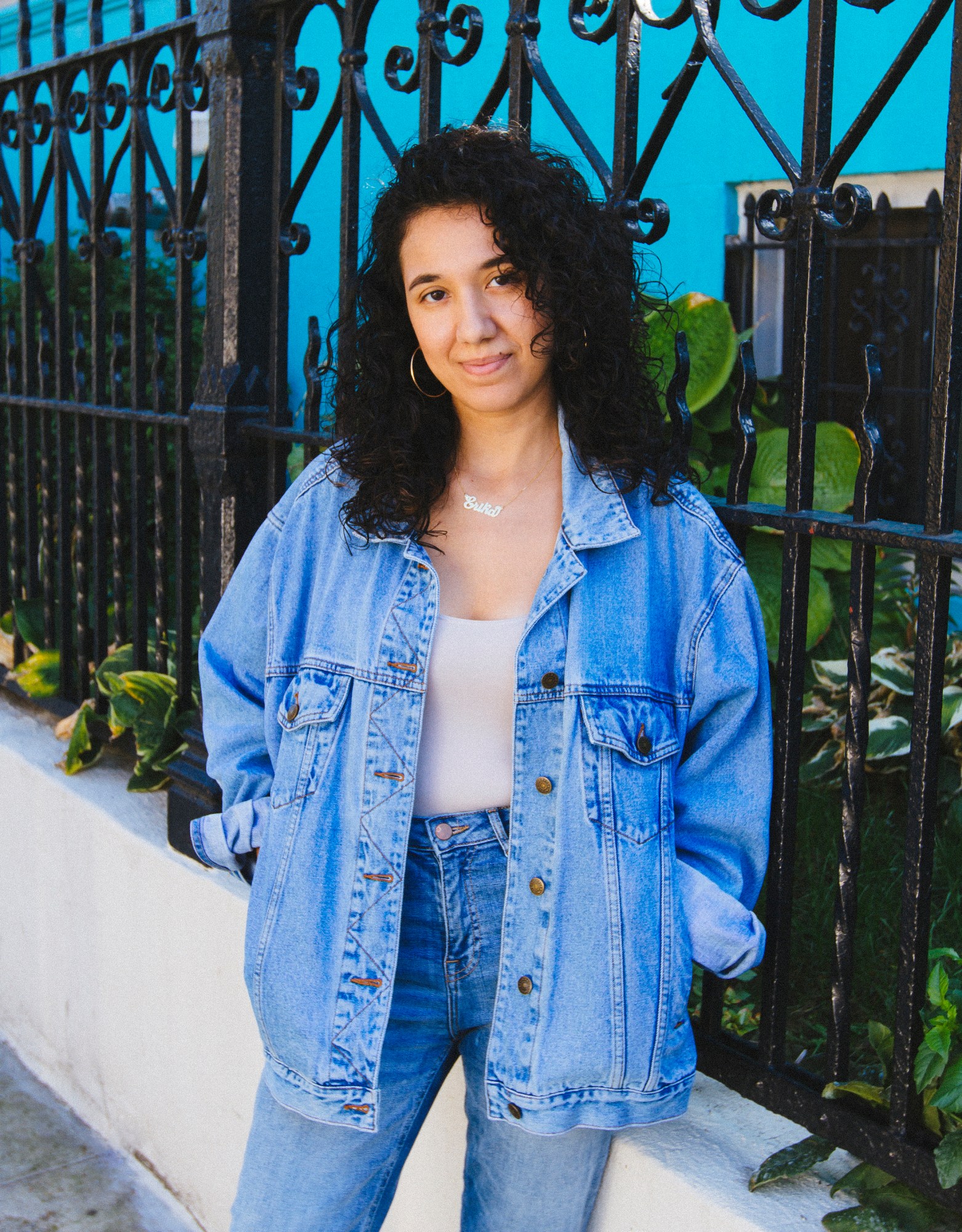
Erika Ramirez
Content producer and founder of ILY magazine
“Nourishing self-love has rippling positive effects in your life, one of which is believing you’re worth not only what you need, but also want. Through therapy, I learned that my selflessness, rooted in culture and social constructs, was having a detrimental affect on me seeing myself and taking care of myself — mentally, physically, and financially. I had to get to the root of why I thought I could do without what I needed and yet others were receiving.
I have to remind myself still that there’s no “we” — in community, in partnership — if you don’t first strengthen and believe in yourself. Let the woman in you that’s been suppressed by hearing she’s “too much” uprise. Also, channel the audacity of a cis white man.”
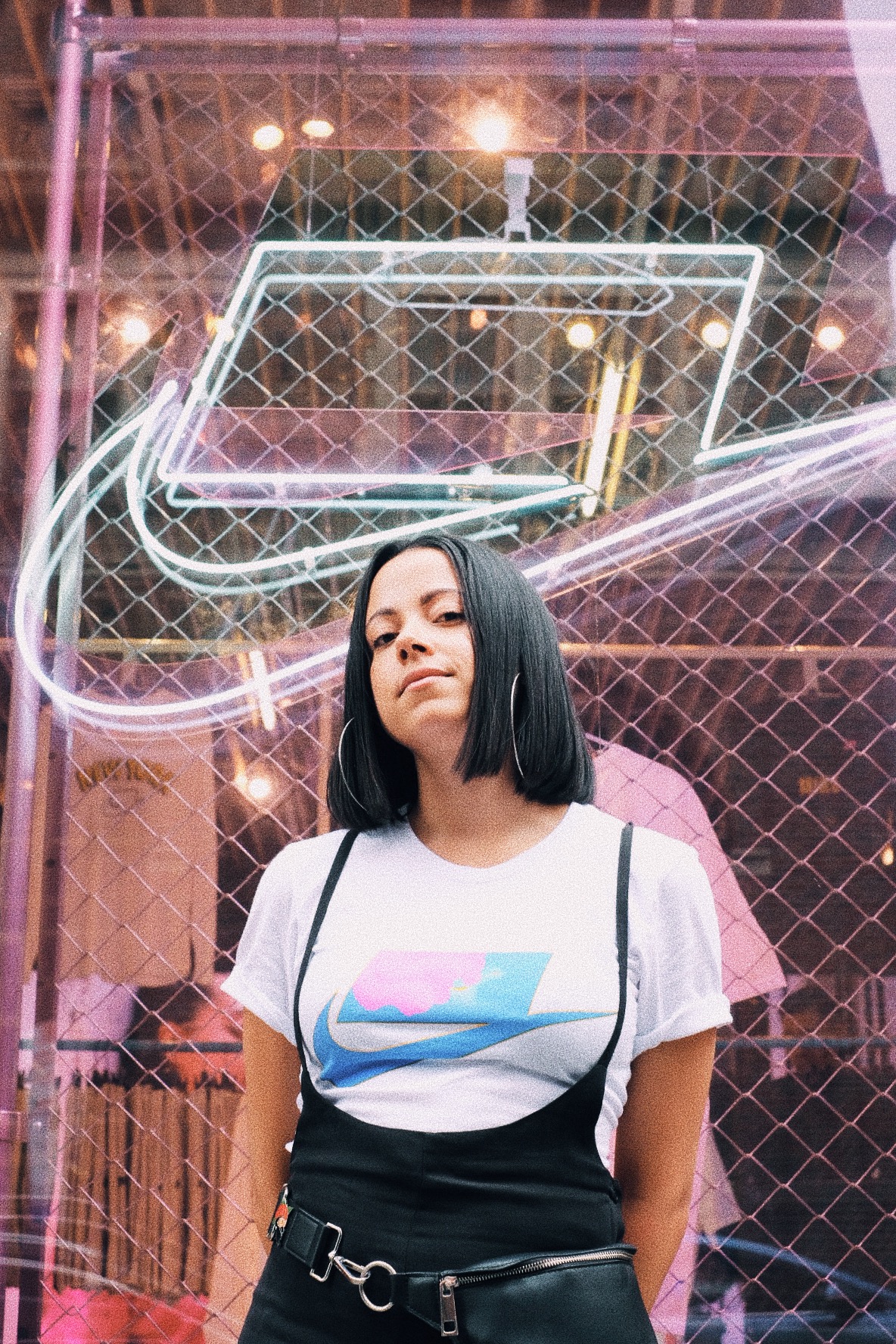
D’ana Covl
Digital artist
“Just as much as we push and root for others, we should do the same for ourselves, meaning put yourself first in the negotiation stages. To be honest, I still struggle to always implement this, yet I can attest to the fact that all my achievements have come from knowing my worth and having the receipts to back it up. Dimepiece said it best: ‘Know your worth then add tax.’”
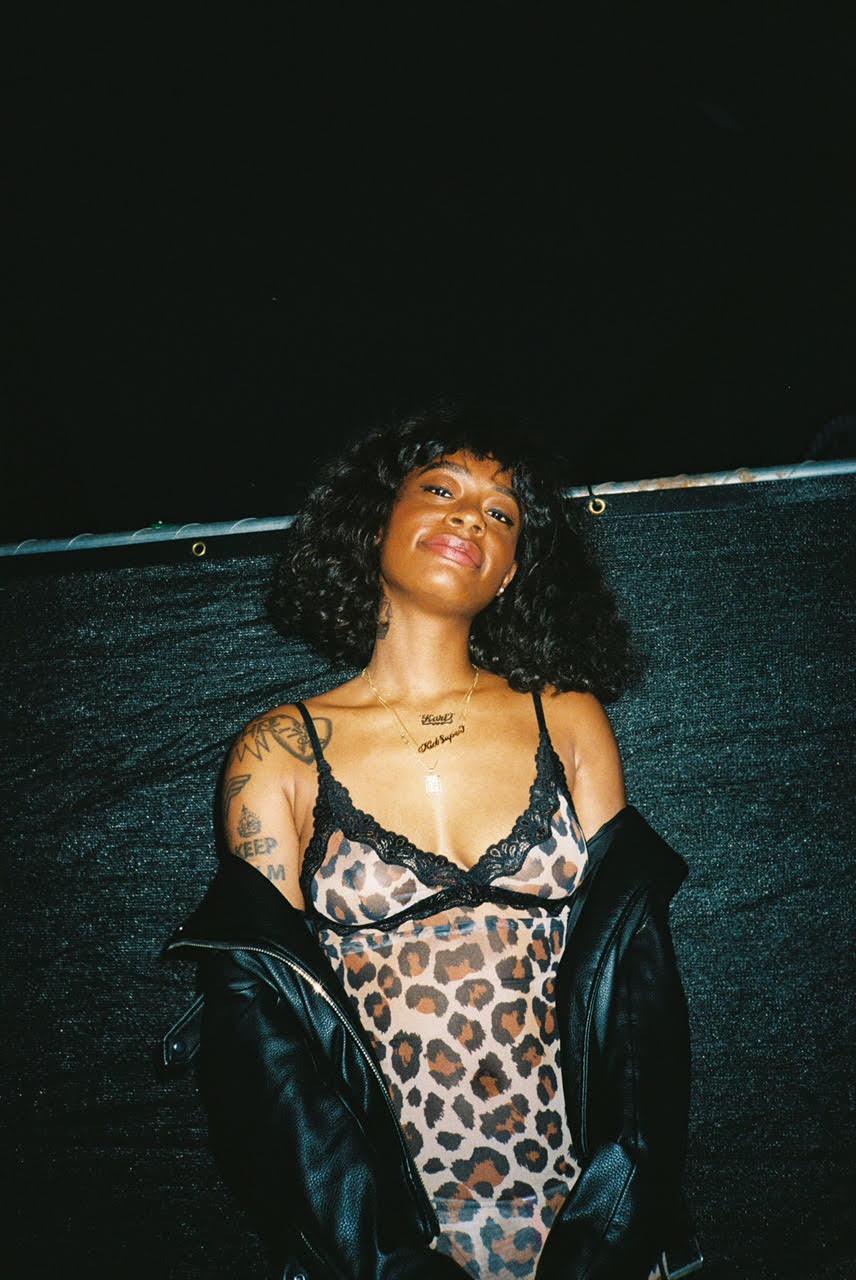
Kari Faux
Title: Recording artist and DJ
“I learned how to ask for more by just doing it and not being afraid to let people know I know my value. I’ve learned to think with a mindset of abundance so if I ask for what I want and the other party can’t afford it, I’m not afraid to say “No, thank you.” Sometimes, a “no” to one opportunity sets you up to get a “yes” for another. Don’t be afraid to ask for what you want.”
